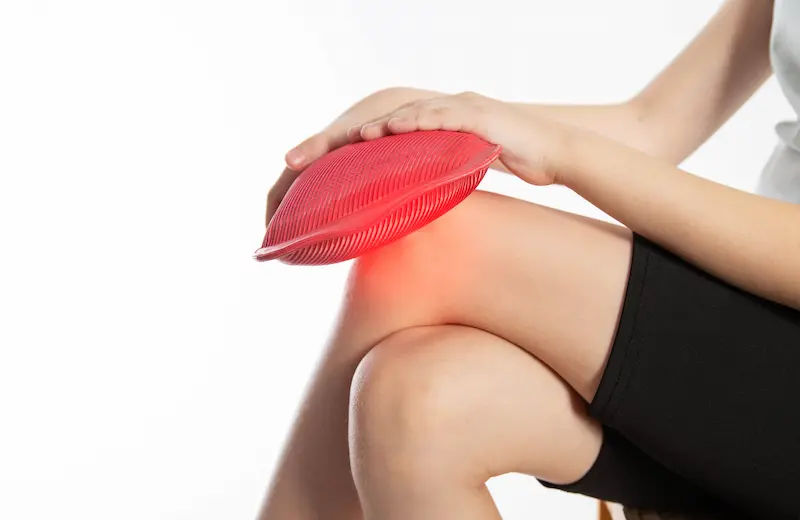Hydration Myths and Facts: Your Ultimate Guide
Know the ultimate hydration myths and facts, know why hydration is important and more.

Written by Dr. M L Ezhilarasan
Reviewed by Dr. Shaik Abdul Kalam MD (Physician)
Last updated on 13th Jan, 2026

Introduction
Water is the essence of life, and staying hydrated is a cornerstone of good health. But in the flood of wellness advice, how do you separate evidence-based hydration facts from common fiction? You’ve likely heard the adage to drink eight glasses of water a day, and that feeling thirsty means you’re already dehydrated. But what if much of what you know about hydration is based on exaggeration or myth? This guide dives deep into the science of hydration, debunking pervasive myths and uncovering the facts. We’ll explore how much fluid you truly need, the role of other beverages, the real meaning of urine colour, and the potential dangers of overhydration.
Myth #1: You Must Drink Eight 8-ounce Glasses of Water Daily
This is perhaps the most persistent hydration myth in existence. The "8x8" rule (eight 8-ounce glasses) is a simple, memorable guideline, but it lacks scientific backing. Its origins are murky but may stem from a 1945 Food and Nutrition Board recommendation that suggested approximately 2.5 litres of water daily for the average adult, with the crucial, often-ignored addendum that "most of this quantity is contained in prepared foods."
The fact is that your daily water needs are highly individualised and depend on a multitude of factors. Your body size, activity level, climate, overall health, and diet all play a significant role. A construction worker in Phoenix will need far more fluids than an office worker in a cool, air-conditioned building. Furthermore, we obtain a substantial amount of our daily fluid intake from the food we eat—fruits like watermelon and strawberries are over 90% water, and soups, vegetables, and even coffee contribute to our total hydration. A more accurate approach is to listen to your body's signals and use your thirst as a primary guide, while also considering your environment and activity.
Consult a General Physician for Personalised Advice
Myth #2: If You're Thirsty, You're Already Dehydrated
This myth creates unnecessary anxiety, making people feel they are constantly on the verge of dehydration. The idea is that thirst is a late-stage symptom, meaning damage is already done. While severe thirst is indeed a sign of dehydration, for most healthy adults, the sensation of thirst is a finely tuned, early-warning mechanism.
The fact is that thirst is your body's natural and reliable way of telling you it's time to drink. The human body is excellent at maintaining a tight balance of fluids and electrolytes. The thirst mechanism is triggered by a concentration of solutes in your blood or a slight decrease in blood volume, which happens well before you are clinically dehydrated. Think of it like a fuel light in your car; it turns on to alert you to refuel, not after your engine has already stalled. For the general population, drinking when you feel thirsty is a perfectly adequate strategy for maintaining fluid balance. However, certain groups, such as the elderly, whose thirst sensation may be diminished, or endurance athletes, do need to be more proactive.
Myth #3: Coffee and Tea Dehydrate You
This myth stems from the fact that caffeine is a mild diuretic—a substance that promotes the production of urine. The theory was that the water lost through this process would outweigh the water consumed in the beverage, leading to a net negative fluid balance.
The fact, supported by numerous studies, is that for habitual drinkers, moderate consumption of caffeinated beverages like coffee and tea does not lead to dehydration and can contribute to your daily fluid intake. While caffeine does have a diuretic effect, the fluid volume of the drink itself largely compensates for it. Your body develops a tolerance to the diuretic effect of caffeine, making it even less significant for regular consumers. Therefore, your morning coffee or afternoon tea still counts towards your hydration goals. The key, as with most things, is moderation.
Myth #6: You Can't Drink Too Much Water
In our zeal to avoid dehydration, we often overlook the opposite, and potentially more dangerous, end of the spectrum: overhydration, or water intoxication. The idea that you can't drink too much is dangerously false.
The fact is that excessive water consumption in a short period can dilute the sodium levels in your blood to a dangerously low level, a condition called hyponatremia. Sodium is a crucial electrolyte that helps regulate water movement in and out of cells. When levels drop, water floods into cells, causing them to swell. This is particularly dangerous for brain cells, which are confined by the skull. Symptoms can include nausea, headache, confusion, seizures, and in severe cases, coma and death. Hyponatremia is most common among endurance athletes who drink excessive amounts of plain water without replacing lost electrolytes through sweat. This highlights why electrolyte balance is just as important as water intake itself. If you experience severe symptoms like confusion or seizures after high fluid intake, seek immediate medical attention.
Conclusion
Navigating the world of hydration advice requires a healthy dose of skepticism and a return to basic physiology. The key takeaway is that hydration is not about blindly following a universal rule but about understanding and responding to your body's unique needs. The myths of the "8x8" glass rule and the fear of thirst have been debunked; instead, we see that a personalised approach, guided by thirst and awareness of our lifestyle, is most effective. Remember that all fluids and water-rich foods contribute, and that balance is paramount—both dehydration and overhydration carry risks. By tuning into your body's signals and applying these evidence-based facts, you can maintain optimal hydration effortlessly.
Consult a General Physician for Personalised Advice
Consult a General Physician for Personalised Advice

Dr. Anand Misra
General Physician/ Internal Medicine Specialist
14 Years • MBBS, DNB
Mumbai
Apollo Hospitals CBD Belapur, Mumbai
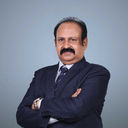
Dr. R Gopakumar
Internal Medicine/ Covid Consultation Specialist
31 Years • MBBS, MD(general medicine
Angamaly
Apollo Hospitals Karukutty, Angamaly
(25+ Patients)

Dr. Aakash Garg
Gastroenterology/gi Medicine Specialist
12 Years • MBBS, DNB (Medicine), DrNB (Gastroentrology).
Bilaspur
Apollo Hospitals Seepat Road, Bilaspur
(150+ Patients)
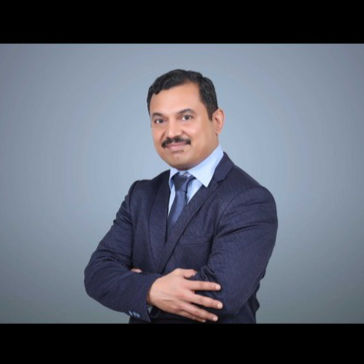
Dr. Jyotish R Nair
General Physician/ Internal Medicine Specialist
22 Years • MBBS, MD (General Medicine), PG Diploma(Diabetology)
Angamaly
Apollo Hospitals Karukutty, Angamaly
(150+ Patients)

Dr. Abhishek Ranjan
General Practitioner
4 Years • MBBS
Kolkata
VDC Clinic, Kolkata
Consult a General Physician for Personalised Advice

Dr. Anand Misra
General Physician/ Internal Medicine Specialist
14 Years • MBBS, DNB
Mumbai
Apollo Hospitals CBD Belapur, Mumbai

Dr. R Gopakumar
Internal Medicine/ Covid Consultation Specialist
31 Years • MBBS, MD(general medicine
Angamaly
Apollo Hospitals Karukutty, Angamaly
(25+ Patients)

Dr. Aakash Garg
Gastroenterology/gi Medicine Specialist
12 Years • MBBS, DNB (Medicine), DrNB (Gastroentrology).
Bilaspur
Apollo Hospitals Seepat Road, Bilaspur
(150+ Patients)

Dr. Jyotish R Nair
General Physician/ Internal Medicine Specialist
22 Years • MBBS, MD (General Medicine), PG Diploma(Diabetology)
Angamaly
Apollo Hospitals Karukutty, Angamaly
(150+ Patients)

Dr. Abhishek Ranjan
General Practitioner
4 Years • MBBS
Kolkata
VDC Clinic, Kolkata
More articles from General Medical Consultation
Frequently Asked Questions
What are the first signs of dehydration?
Early signs include increased thirst, slightly dry mouth, tiredness, decreased urine output, and urine that is darker yellow than usual. Headache and dizziness can follow as dehydration becomes more moderate.
How much water should I drink based on my weight?
A common recommendation is to drink between 0.5 to 1 ounce of water per pound of body weight. For example, a 150-pound person would aim for 75 to 150 ounces daily, with needs adjusting for activity and heat.
Does sparkling water hydrate you as well as still water?
Yes, plain sparkling water is just as hydrating as still water. The carbonation does not negate the hydrating effects. However, be mindful of flavoured sparkling waters that may contain added sodium or sugar.
Are sports drinks better than water for hydration?
Only in specific situations. For most daily activities or workouts under 60 minutes, water is perfect. Sports drinks are beneficial during prolonged, intense exercise (over 60-90 minutes) as they replace electrolytes and carbohydrates lost through heavy sweating.
How can I stay hydrated if I don't like drinking plain water?
Incorporate water-rich foods like cucumbers, oranges, and yoghurt into your diet. Herbal teas, infused water (with fruits like lemon or berries), and milk are also excellent hydrating alternatives.
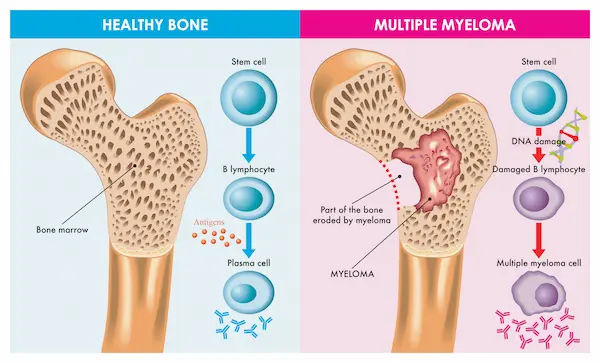
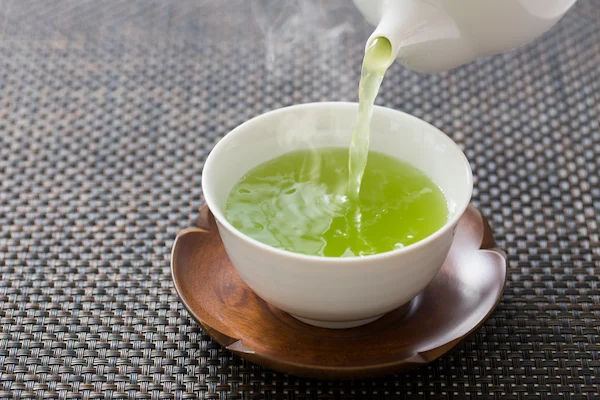
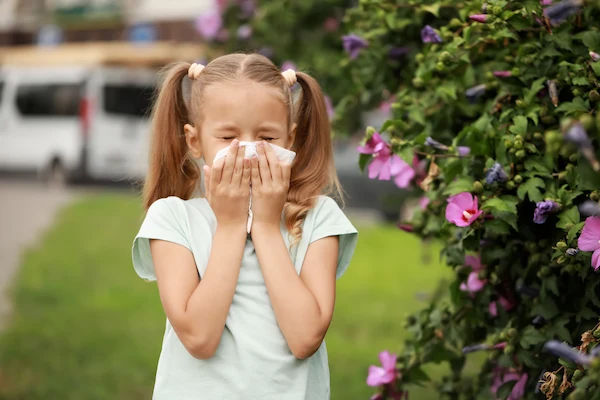
.webp)
